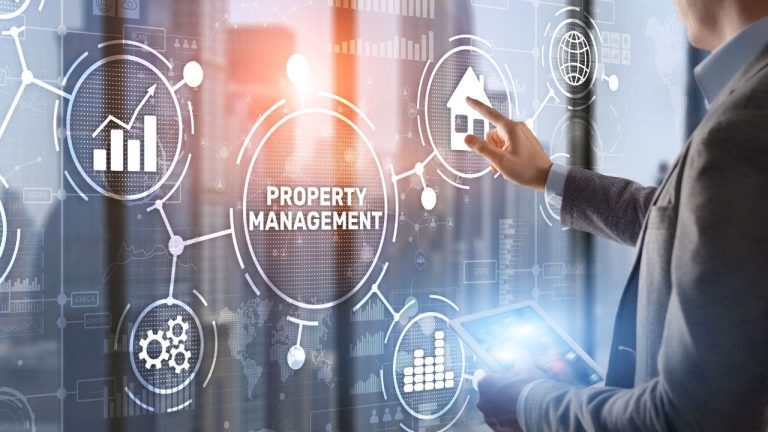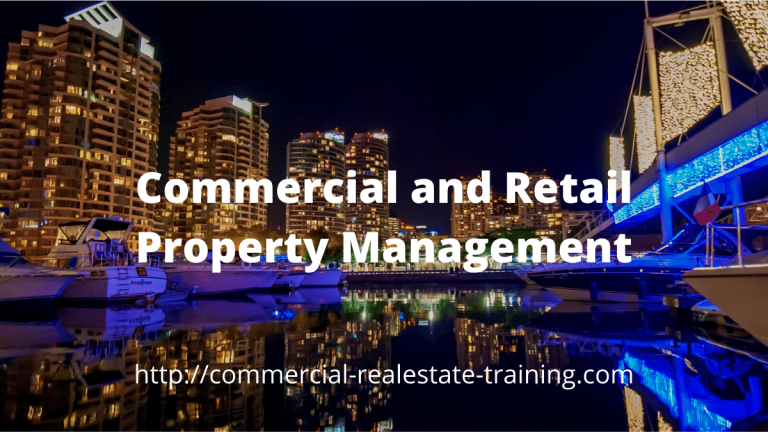The Property Manager’s Essential Checklist for Commercial Real Estate
Managing commercial real estate comes with a unique set of challenges and responsibilities. Whether you’re overseeing an office building, a retail space, or an industrial property, the stakes are high, and the demands are diverse.
To keep everything running smoothly, it’s essential to have a comprehensive checklist that addresses the key aspects of property management. This checklist ensures that you meet all regulatory requirements and helps maintain tenant satisfaction, safeguarding the property’s value and optimizing operational efficiency.
Regular Property Inspections
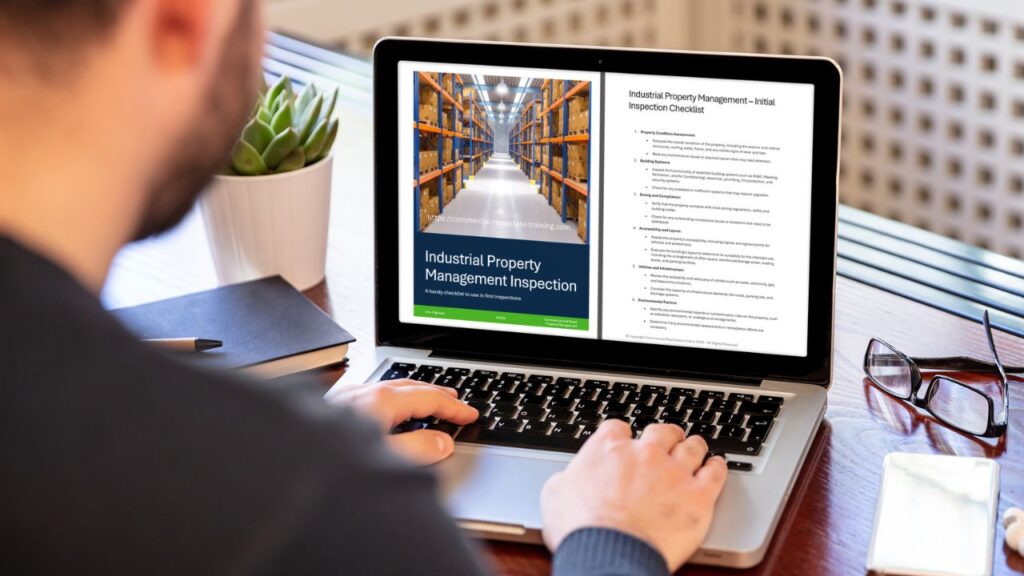
Regular inspections are fundamental to successful property management. These should include both interior and exterior checks to identify any issues before they become significant problems. Inspections should cover:
Structural Integrity
Look for signs of wear and tear, cracks, or other structural issues in walls, ceilings, and floors.
Roofing
Ensure the roof is in good condition, with no leaks or damage.
Plumbing and Electrical Systems
Regularly check for any leaks, water damage, or electrical hazards.
Fire Safety Systems
Verify that fire alarms, sprinklers, and extinguishers are functional and up to code.
These inspections should be documented, and any issues should be addressed promptly to prevent costly repairs or liabilities.
Maintenance and Repairs

A proactive approach to maintenance and repairs is crucial. Establish a schedule for routine maintenance tasks, such as:
HVAC Systems
Regular servicing of heating, ventilation, and air conditioning systems can prevent breakdowns and improve energy efficiency.
Elevators and Escalators
Ensure these systems are regularly inspected and maintained to avoid downtime and ensure safety.
Landscaping
Keep outdoor spaces well-maintained to enhance curb appeal and create a welcoming environment for tenants and visitors.
Timely repairs not only prevent small issues from escalating, but also show tenants that their safety and comfort are a priority.
Tenant Communication

Clear and consistent communication with tenants is vital for a successful property management strategy. This includes:
Regular Updates
Keep tenants informed about any upcoming maintenance work, inspections, or changes to the property.
Feedback Mechanism
Provide easy ways for tenants to report issues or provide feedback, whether through an online portal or a dedicated property manager.
Emergency Contacts
Ensure tenants have access to emergency contact information and know how to reach the property manager outside of regular business hours.
Building strong relationships with tenants fosters trust and encourages long-term leases.
Financial Management

Proper financial management is a critical component of property management. This includes:
Budgeting
Develop and adhere to a budget that covers operational expenses, maintenance, and unforeseen costs.
Rent Collection
Implement a reliable system for rent collection, with clear policies on late payments and penalties.
Financial Reporting
Regularly review and report on the property’s financial performance, including income, expenses, and profitability.
Effective financial management ensures the property remains profitable and allows for strategic planning and investment.
Legal Compliance
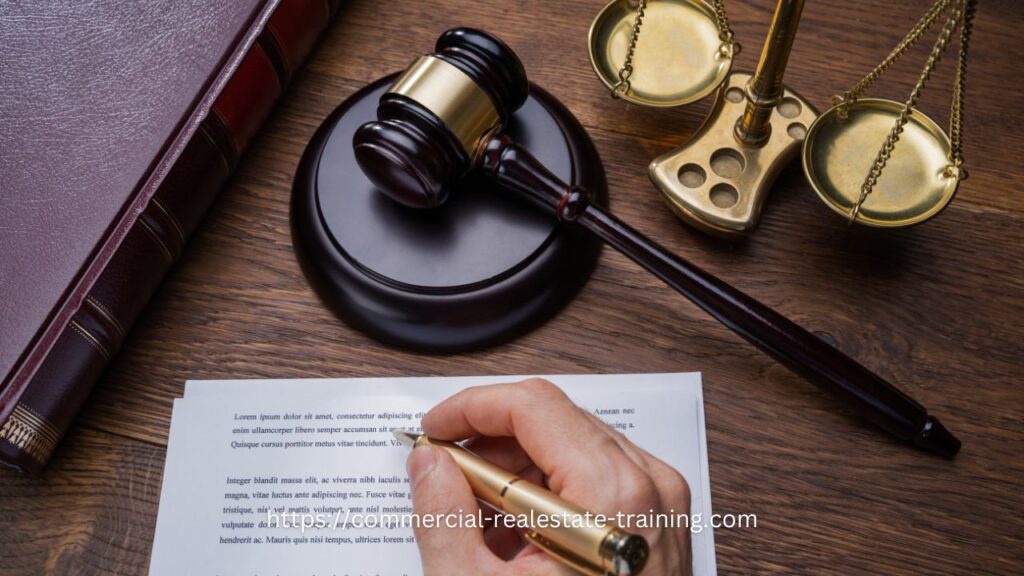
Adhering to all applicable laws and regulations is absolutely essential. Key areas to focus on include:
Lease Agreements
Ensure all lease agreements are legally sound, clearly outlining the rights and responsibilities of both the landlord and tenant.
Zoning Laws
Verify that the property complies with local zoning regulations, especially if there are plans for renovations or changes in use.
Health and Safety Regulations
Stay up to date with health and safety requirements, including those related to building codes, fire safety, and accessibility.
Regular legal reviews can help avoid potential disputes and ensure the property is always in compliance with current laws.
Energy Efficiency and Sustainability
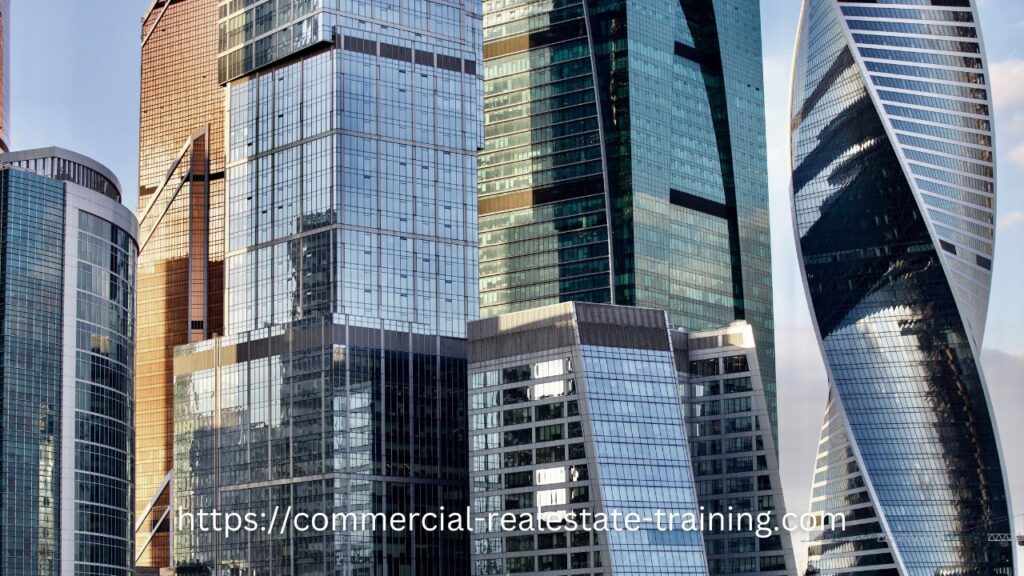
As sustainability becomes increasingly important, property managers must focus on energy efficiency and environmental responsibility. Consider implementing:
Energy Audits
Conduct regular audits to identify areas where the property can reduce energy consumption and costs.
Sustainable Practices
Encourage tenants to adopt sustainable practices such as recycling and reducing energy usage.
Indoor Air Quality Monitoring
Install an indoor air quality monitor for commercial buildings to ensure a healthy environment for tenants and comply with health regulations.
By prioritizing sustainability, property managers can reduce operational costs, attract eco-conscious tenants, and contribute to environmental protection.
Emergency Preparedness
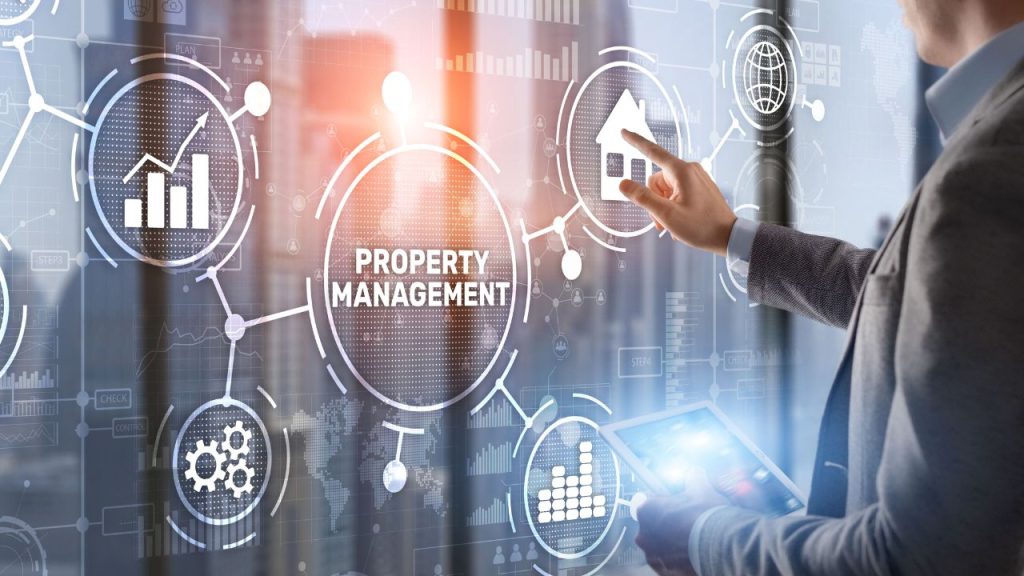
Being prepared for emergencies is essential for minimizing damage and ensuring tenant safety. Key components of emergency preparedness include:
Emergency Plans
Develop and regularly update emergency plans for various scenarios, including fires, natural disasters, and security threats.
Tenant Drills
Conduct regular drills to ensure tenants are familiar with emergency procedures.
Emergency Supplies
Maintain a stock of essential supplies, such as first aid kits, fire extinguishers, and emergency lighting.
Effective emergency preparedness can save lives and reduce the impact of disasters on the property.
Technology Integration

Modern-day property management relies more than ever on technological solutions to streamline its operations. Consider adopting:
Property Management Software
Use software to manage leases, track maintenance, and communicate with tenants.
Security Systems
Implement advanced security systems, such as surveillance cameras and access control, to protect the property and tenants.
Smart Building Technology
Invest in smart building technology to improve energy efficiency, monitor systems remotely, and enhance tenant comfort.
Leveraging technology can increase efficiency, reduce costs, and provide a better experience for tenants.
Positioning for Long-Term Success

A well-rounded checklist is the foundation of successful commercial real estate management. Focusing on regular inspections, proactive maintenance, clear communication, and legal compliance, property managers can ensure their properties remain in top condition and profitable.
Additionally, embracing sustainability, technology, and emergency preparedness will position the property for long-term success in an increasingly competitive market.



